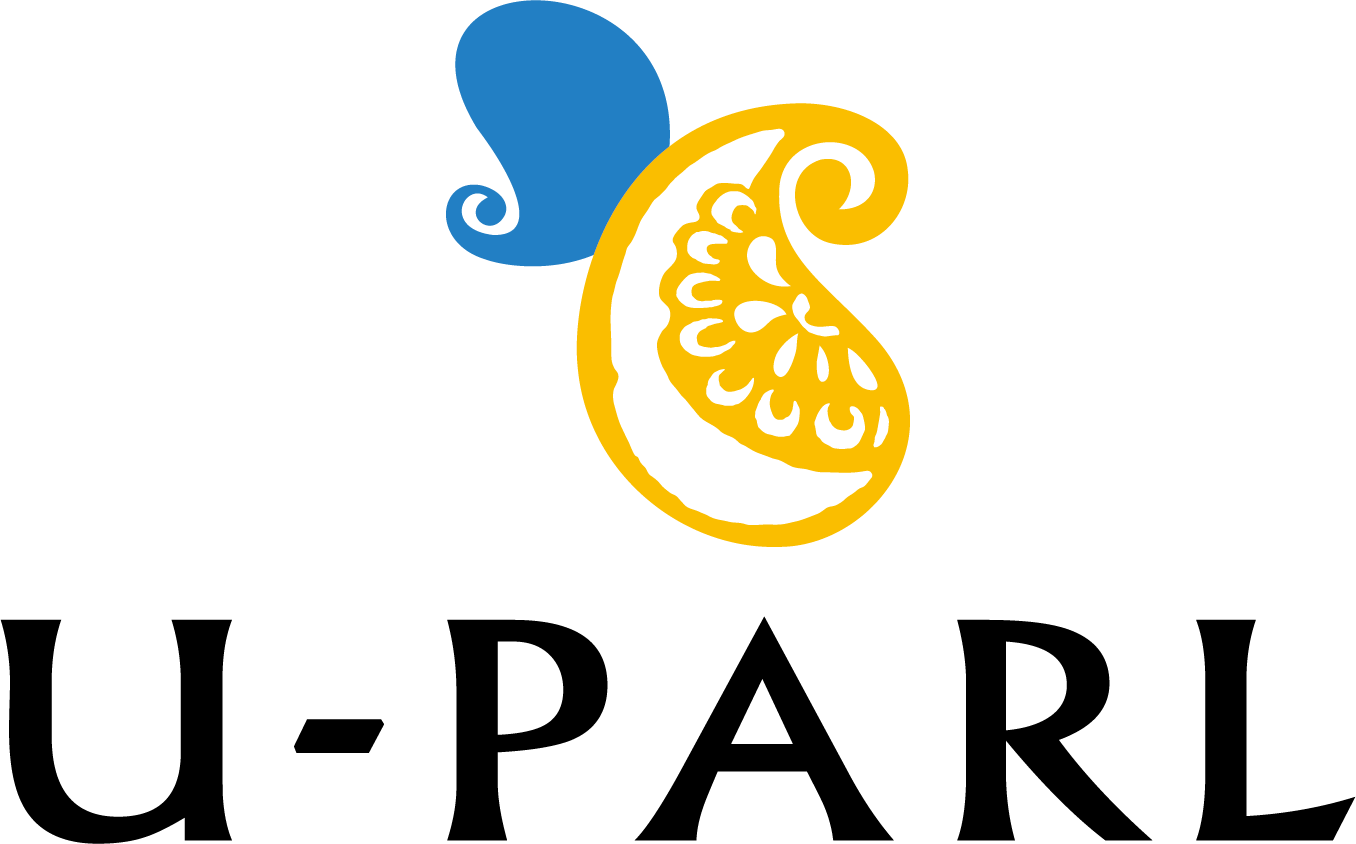Emiko SUNAGA (Project Research Fellow)
It is not rare for manuscripts to be used in historical studies of the Islamic world.
Manuscripts are handwritten copies of books and are an extremely valuable material handed down to us from a time when printing technology did not exist and calligraphers had to copy entire books by hand. In addition to the Qur’an and the Hadith, the holy texts of Islam, there is material on Arabic, Persian, and Ottoman law, as well as theological literature, which has been copied many times and has survived in manuscript form to this day.
Some manuscripts are decorated with illustrations, frontispieces, and geometric patterns on the borders of the pages, and some, such as the Qur’an, are particularly lavishly ornamented, making them the subject of manuscript art research.
However, since manuscripts are usually kept in libraries, universities, mosques, madrassas (religious educational institutions), and private homes (sadly, many of such copies are lost forever), it is difficult to find materials that match the period and theme one wishes to study. In recent years, university libraries are digitizing manuscripts from their collections and making them available for viewing online.
In the United Kingdom, the University of Cambridge has taken the lead in creating an online catalogue of manuscripts from the Islamic world with its website, FIHRIST.

The FIHRIST website allows cross-searching of manuscripts related to Islam held by university libraries in the UK. ‘Fihrist’ فهرست means ‘catalogue’ or ‘list’ in Persian and Urdu. This collaborative project began in 2009 at the universities of Oxford and Cambridge, and now is promoted by 21 universities, including the School of Oriental and African Studies (SOAS) at the University of London, a modern center for Asian and African studies in London, and the University of St. Andrews in Scotland, another institution highly rated in the field of Middle Eastern and African studies.
The website allows users to search through over 15,000 manuscripts from various regions of the Islamic world in Arabic, Persian, Ottoman, Urdu, and other languages from the 7th to 19th centuries from all of the universities participating in the project. In addition to searching by keyword, users can also conduct detailed searches by region, theme, author, language, etc.
Search results are presented in the form of bibliographic information (metadata) for each manuscript. To view a scan of the actual manuscript, you will be redirected to the website of the university library that owns it. The bibliographic information is tagged across participating institutions using the TEI/XML format, a common standard for book catalogue metadata. Such features have already been highly praised by users.
March 1, 2024

